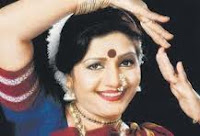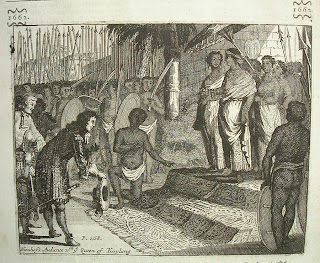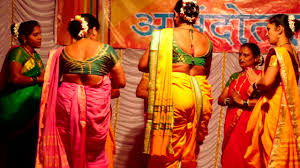Puppets and Parkinson
 | ||
| Puppet made by PD patient Mrs Vanaja |
Parkinson's disease (PD) is a common
neurodegenerative disorder affecting patients in large numbers throughout the
world.
Parkinson's Disease (PD) is a common degenerative
disorder of the central nervous system, in which the movement-regulating cells
of the brain get disabled, leading to tremors, slowed movement, balance
problems, and speech and behaviour changes. The main impediment in managing the
disease comes from a lack of awareness, feel doctors. However, "Advances in
diagnosis and treatment have changed the outlook for these patients,"-Dr.
Rukmini Mridula of NIMS, Hyderabad.
The annual mortality rate per 100,000 people from Parkinson's
disease in India has increased by 87.9% since 1990,
an average of 3.8% a year (2010 statistic report).
People affected by Parkinson's disease may develop
various symptoms including tremors, stiffness or rigidity in their legs and
arms, slowness of movements, and /or imbalance. In the early stages, there may be
a slight shaking of hands or walking difficulty that is barely noticeable. Over
time the symptoms may become more pronounced resulting in unclear speech and
varied physical disabilities. Parkinson's usually develops in people over the age
of 60 years. The risk of developing Parkinson's increases with age. It affects
both men and women. Rarely
Parkinson's disease develops in people at 40 years or so–called young-onset
Parkinson's disease.
Parkinson's
disease is a Movement Disorder. It results from the loss of brain cells (neurons)
in an area of the brain called the substatianigra, which modulates movements.
The cells of substantianigra involved in Parkinson's disease produce a chemical
called dopamine. A deficiency of dopamine is believed to be responsible for most
of the symptoms of Parkinson's disease.
Warning signs of Parkinson
- Shaking (tremor) of hand or leg
- Loss of facial expressions or poker face
- Fatigue
- Muscle ache
- Decreased speed in walking
- Difficulty in getting in and out of a car
- Difficulty in turning while walking
- Leg getting “stuck”
- Fear of falls while walking or unprovoked falls
- The slowness of daily activities, for instance, dressing, bathing, eating
Well, in the journey Sphoorthi Theatre called to conduct a 3-Day workshop for Parkinson's Disease Patients from July 10-12, 2017 at Nizam Institute of Medical Sciences-NIMS
All the participants eagerly participated during the workshop and made socks puppets and Bunruku-style newspaper puppets.
These puppets will help them to give good hand exercises, speech exercises,s and also walking. On the whole a good companion who can be a part of their treatment along with medication and physiotherapy.
The puppet-making workshop involved in
- Eyebrow raising/frowning - lift your eyebrows to look surprised.
- Motor movements, such as walking
- Frown creasing your forehead towards your eyes.
- Yawning - Yawn dramatically
- Smiling - try smiling with your lips open, and then try again with your lips closed.
- opening of mouth and closing.
It was wonderful to watch an artist Mr. Murugan, who thoroughly enjoyed all three days by making different kinds of Puppets. Mr. Murugan- the 'Hero' of the workshop.
It was really touching to see the brother assisting the sister in puppet making, the wife assisting husband, son assisting the father and mother.
It was great learning not only about the disease but about the missing human touch relationship. and 'Human Life'.
Unfortunately, no print media covered a good informative article about Parkinson's disease. Though The Hindu newspaper Hyderabad edition

































Comments